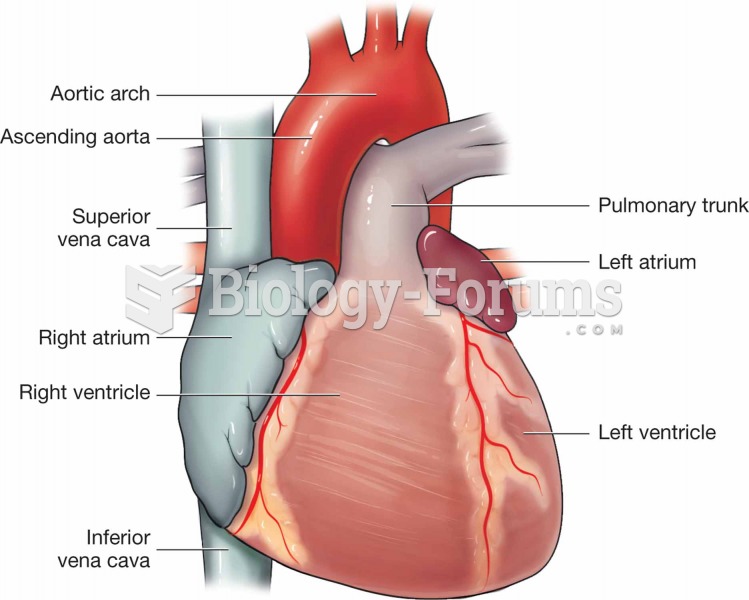An 83-year-old client with a history of congestive heart failure is admitted to the acute care facility with pneumonia. During the admission process it is noted the client has Stage 2 Alzheimer's disease and has been living with his daughter.
When plans for life support and code status are addressed, the daughter voices questions about the potential success of resuscitating her father. What information should be provided to answer this query?
A) Resuscitation is often effective for older adults like your father.
B) Resuscitation for cardiac or respiratory arrest for your father, given his history, will have little probability of success.
C) If your father would require resuscitation, he will likely be returned to his same level of functioning as before the event.
D) As long as the resuscitation efforts are initiated quickly, he will likely survive.
Question 2
In preparation for discharge, the nurse gathers materials for the 72-year-old client who has recently been diagnosed with Alzheimer's disease. Included in the materials is information related to long-term care placement.
A new graduate working with the nurse questions why this has been included, as this client has only recently been diagnosed and is returning to home at this time. What information should be included in the response to the graduate nurse?
A) Long-term care placement is inevitable with this diagnosis.
B) Early introduction to potential placements will allow the client and family time to make a more informed decision.
C) By providing this information now, we will not need to address these concerns later.
D) It often takes 6 to 12 months for an individual with Alzheimer's disease to establish a successful transfer
to a facility, and this will allow adequate time.







